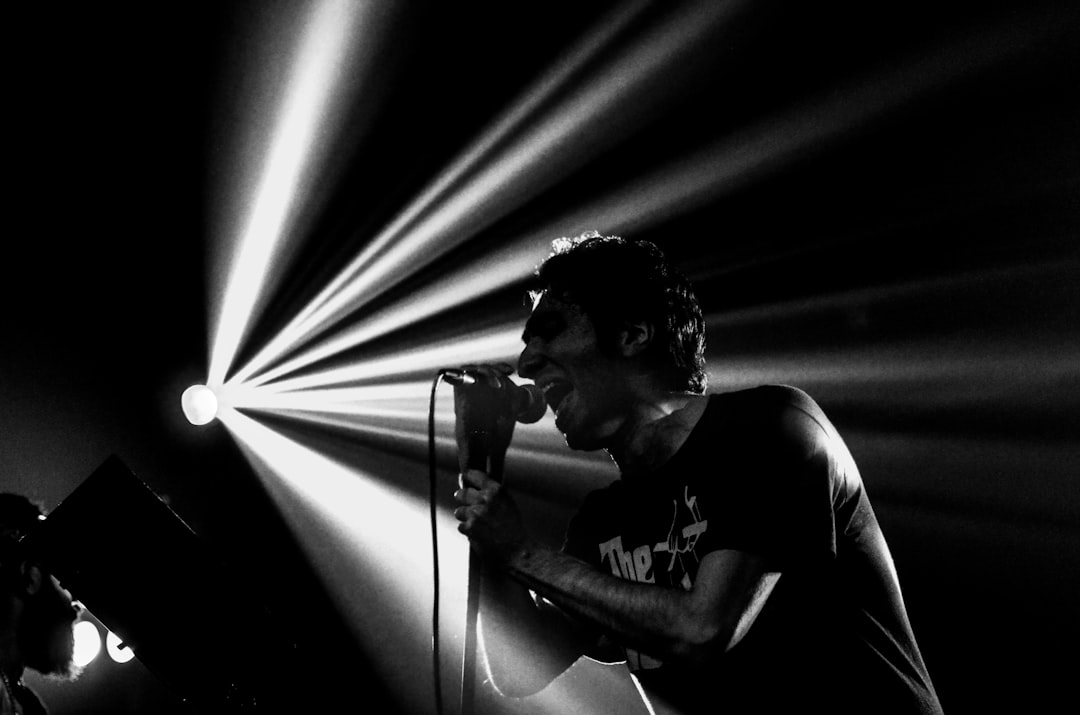The Psychology of Horror Movies: Why Do We Love to Be Scared?
Horror movies have been a popular genre for decades, captivating audiences with their spine-chilling stories and terrifying characters. But have you ever wondered why we willingly subject ourselves to such fear and anxiety? What is it about horror movies that make them so appealing to us?
One theory behind our fascination with horror movies lies in the concept of “safe fear.” While being scared in real-life situations can be distressing, watching horror movies offers a controlled environment where we can experience fear in a safe and controlled manner. By exposing ourselves to terrifying scenarios on the big screen, we are able to temporarily suspend our fear without the real-life consequences. It’s almost like going on a roller coaster ride, where we voluntarily put ourselves in a scary situation, knowing that we are ultimately safe.
In addition to experiencing safe fear, another reason for our love of horror movies could be the adrenaline rush they offer. When we become scared or experience suspense while watching a horror film, our bodies respond by releasing adrenaline. This heightened state of arousal can leave us feeling exhilarated and alive. It’s the same rush that many people seek when participating in extreme sports or high-risk activities. The temporary thrill and excitement that horror movies bring to our lives may be a way for us to seek out adrenaline without any real danger.
Moreover, horror movies tap into a fundamental aspect of human nature – our curiosity about the unknown. We have an inherent desire to explore our fears and understand them better, and horror movies provide an avenue to do just that. Through the characters and storylines in these films, we are able to confront our fears and explore the darker sides of human existence. In essence, horror movies allow us to confront our own anxieties in a safe and controlled manner, leading to a sense of empowerment and self-discovery.
Another psychological explanation behind our love for horror movies lies in the cathartic release they provide. It is often said that humans have a natural inclination to seek out experiences that allow us to process our own emotions. Horror movies provide a cathartic release of pent-up emotions, allowing us to vicariously experience fear and embody emotions that may be suppressed in everyday life. By experiencing fear and distress, we can momentarily escape from our own personal anxieties and find relief in the emotional roller coaster of horror movies.
Furthermore, horror movies may also act as a form of social bonding. Watching a scary film with friends or loved ones can create a shared experience and foster feelings of closeness. Being scared together can generate a sense of camaraderie and provide an opportunity for us to connect with others. Whether it’s jumping out of our seats together or enjoying the adrenaline rush that horror movies offer, the shared experience can strengthen bonds with those we watch with.
In conclusion, the psychology behind our love for horror movies is multifaceted. From seeking safe fear and adrenaline rushes to exploring our curiosity and emotions, horror movies provide a unique and thrilling experience. Whether we watch horror movies to conquer our fears, find relief, or form closer social connections, there is no denying the enduring appeal of this unique genre. So the next time you settle down for a scary movie night, you can rest assured that you’re not alone in your fascination with the psychology of fear.

